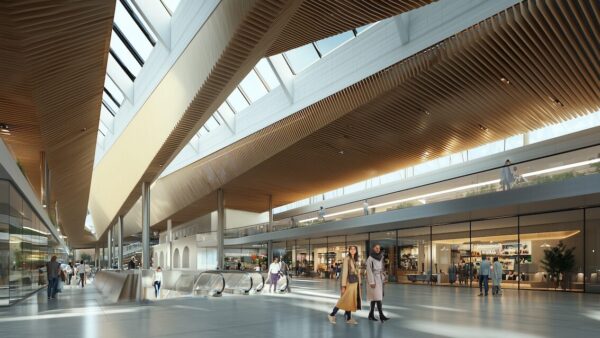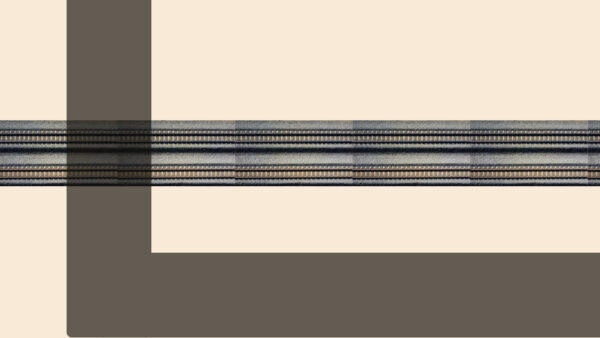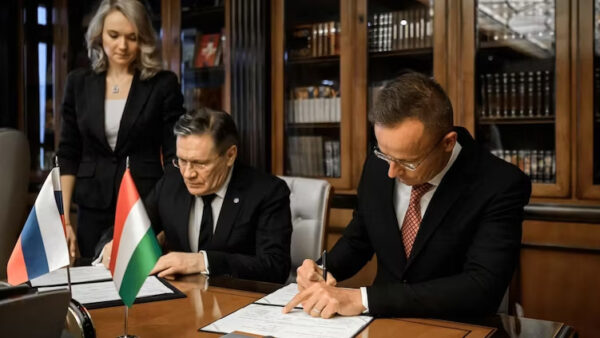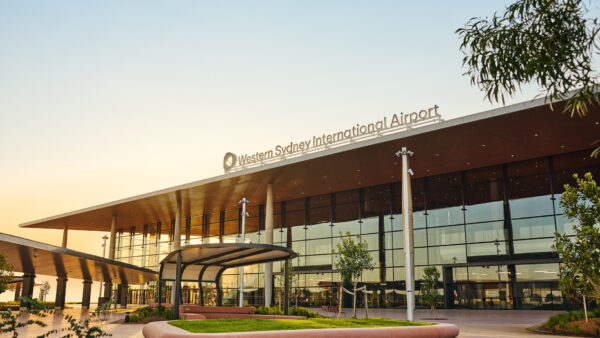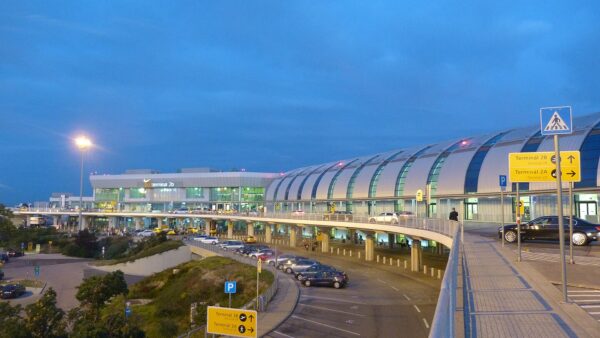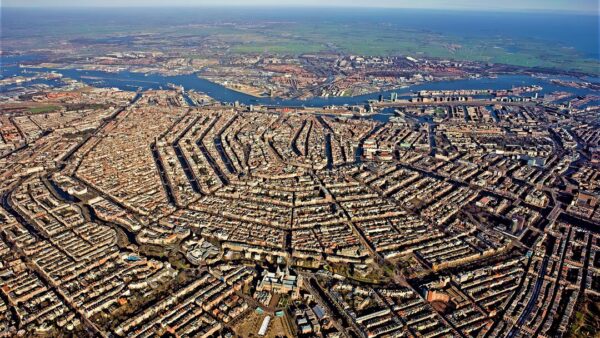In pursuit of a goal to freeze more than 100,000 tonnes of meat and vegetables very fast, South Korean conglomerate Eugene Group has broken ground on the world’s first low-carbon, ultra-low temperature “cryogenic” logistics centre.
The seven-storey, 160,000-sq-m building uses a combination of liquefied natural gas (LNG), fuel cells, batteries and solar panels to achieve temperatures below -160°C.
The gargantuan deepfreeze will be built in Pyeongtaek City, about 50km south of Seoul, at a cost of around $265m.
“The new business model is a fusion of LNG and renewable energy technology,” said Lee Kyung-sun, chairman of Eugene Group in a press notice. “We will actively develop this technology and meet the challenges it poses.”
The company touted it as “a new role model for the Korean logistics industry”.
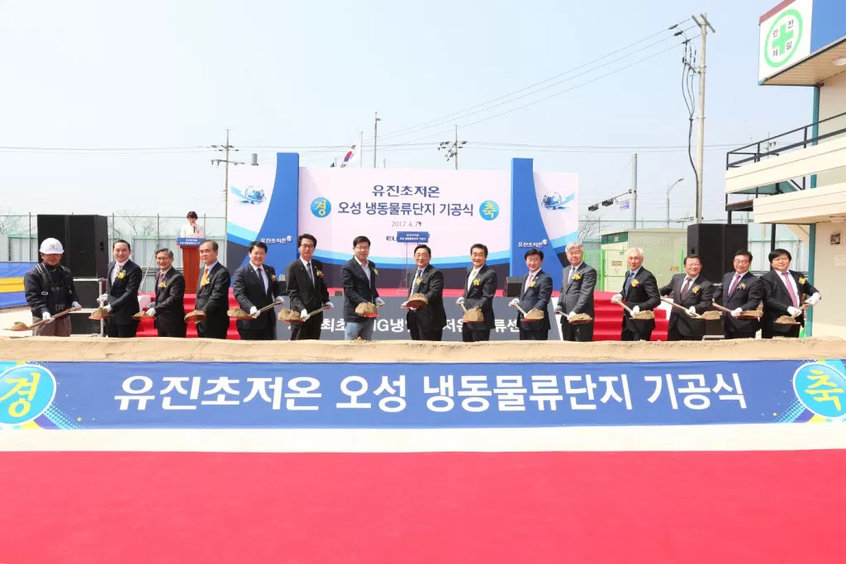
Eugene managers join government officials to make a start on the scheme
Eugene Group says the use of LNG combined with its hybrid renewable energy system will allow the Pyeongtaek Oseong Cryogenic Distribution Centre to run on 30% of the energy that would have been required by an industry-standard design.
The building will consist of three warehouses, a processing plant and an office. Once complete in December 2018 it will be able to store up to 115,000 tonnes of meat, seafood and vegetables. Distribution will be controlled by an automated control system.
The project is being supported by Pyeongtaek City Council, the Korea Gas Corporation and Tokyo Gas Engineering Solution; around a third of the project costs are being supplied by external investors.
Eugene and its LNG partners are hoping that the centre becomes a template for others in Korea and elsewhere. The company plans to build centres in Incheon and Jeju, next to LNG facilities.
Top image: A rendering of the completed “cryogenic” warehouse (Eugene Group)

